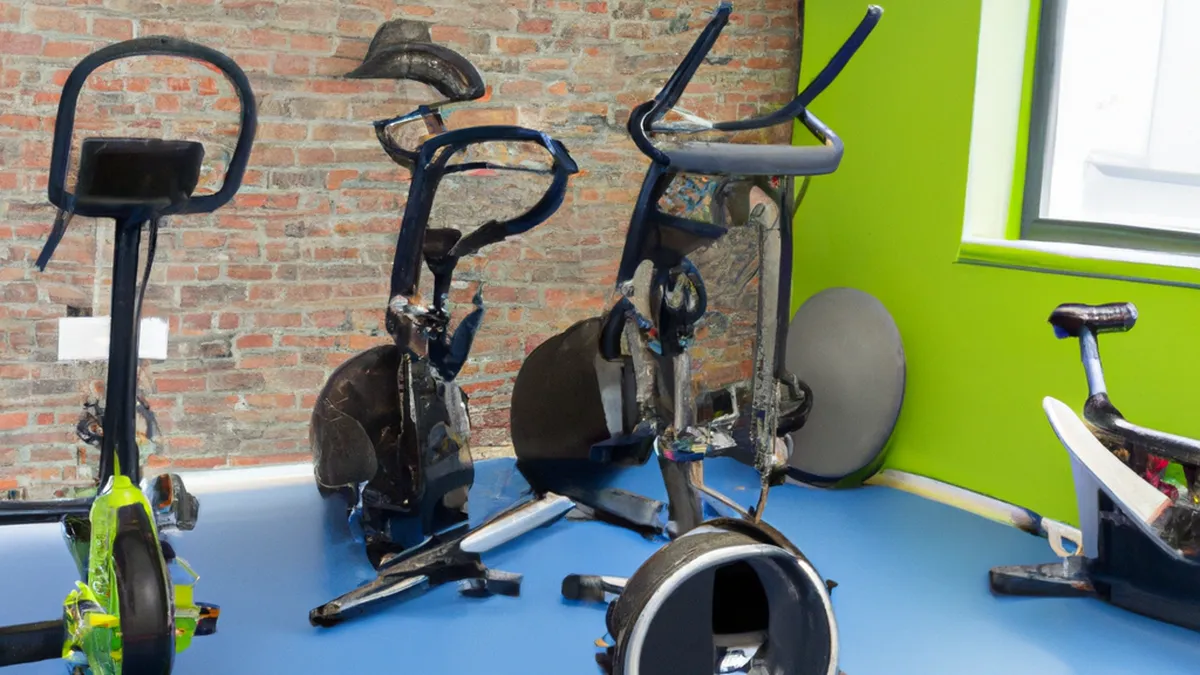Measure Your Indoor Training Success Today
How to Assess the Effectiveness of Indoor Training Sessions
Indoor training sessions have become popular among athletes and fitness enthusiasts. They offer a controlled environment for consistent training. However, participation alone does not guarantee effectiveness. You must assess your indoor training to ensure progress toward your goals. This blog post will guide you in evaluating your indoor training sessions.
Set Clear Goals
Establish clear goals before assessing your training’s effectiveness. Determine what you want to achieve through indoor training. Do you want to build strength, improve endurance, enhance flexibility, or achieve all of these?
Define SMART Goals
Use the SMART criteria for goal-setting to clarify your objectives. Your goals should be Specific, Measurable, Achievable, Relevant, and Time-bound. For example, instead of saying, “I want to get stronger,” specify, “I want to increase my squat weight by 10 pounds within six weeks.” This clarity helps you track your progress and focus your training plan.
Identify Key Performance Indicators (KPIs)
Select Key Performance Indicators (KPIs) that match your goals. If you focus on strength, track your lifting weights, repetitions, or sets. If endurance is your goal, monitor your heart rate or completion time for specific distances. Establishing these indicators creates a framework for evaluating progress.
Track Your Progress
After setting your goals, consistently track your progress. This step is crucial for understanding your training sessions’ effectiveness.
Use a Training Log
Maintain a training log to record your workouts. Document the exercises performed, duration, intensity, and how you felt during each session. This log serves as a reference point for future sessions and helps you identify trends in your performance.
Incorporate Technology
Utilize technology to enhance your ability to track progress. Consider fitness apps or wearable devices to monitor metrics like heart rate, calories burned, or workout intensity. Many apps allow you to set goals, log workouts, and visualize progress through graphs and charts. This immediate feedback can motivate you and maintain accountability.
Seek Feedback
Feedback plays a crucial role in assessing your training effectiveness. You can receive it from coaches, peers, or through self-assessment.
Work with a Coach
If possible, work with a coach or trainer for valuable insights into your performance. A coach can assess your form, provide personalized feedback, and help adjust your training plan as needed.
Conclusion
In summary, set clear goals, track your progress, and seek feedback to assess your indoor training effectiveness.
Below are related products based on this post:
FAQ
What are SMART goals and why are they important for indoor training?
SMART goals are Specific, Measurable, Achievable, Relevant, and Time-bound objectives that help clarify what you want to achieve in your indoor training. By using this framework, you can track your progress effectively and focus your training efforts, making it easier to reach your desired outcomes.
How can I track my progress during indoor training sessions?
You can track your progress by maintaining a training log to document your workouts, including exercises performed, duration, intensity, and personal feelings. Additionally, incorporating technology such as fitness apps or wearable devices can help monitor metrics like heart rate and calories burned, providing immediate feedback and visualization of your progress.
Why is feedback important in assessing indoor training effectiveness?
Feedback is crucial because it provides insights into your performance, helping you identify areas for improvement. Working with a coach or trainer can offer personalized feedback on your form and training plan, while self-assessment allows for reflection on your progress and adjustments as needed.















Post Comment